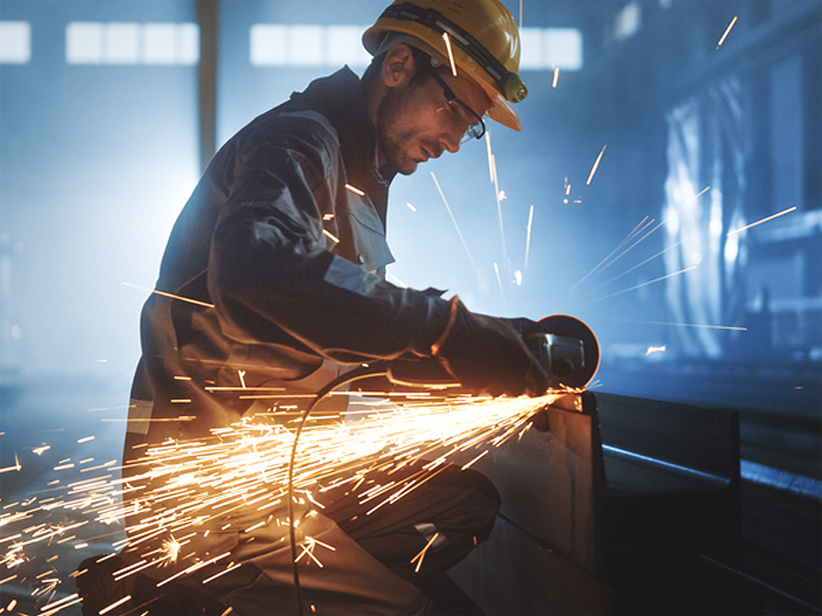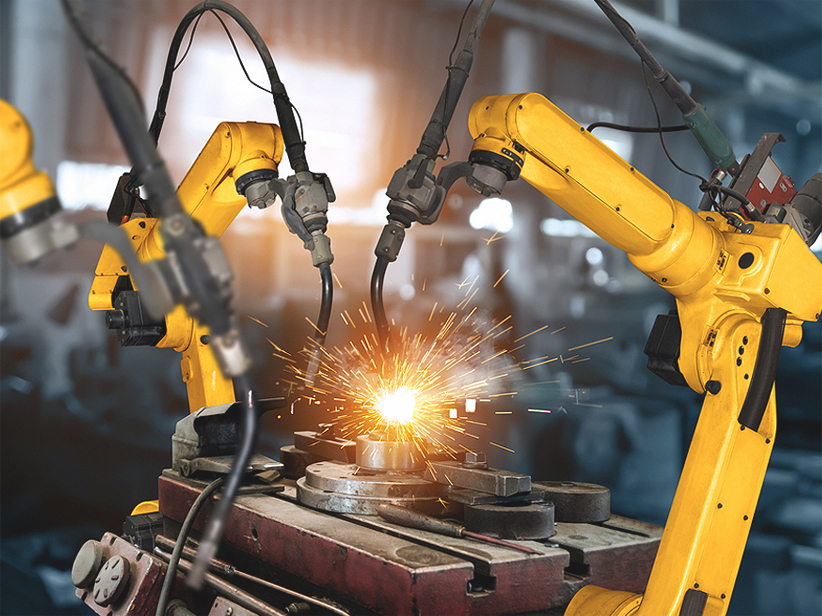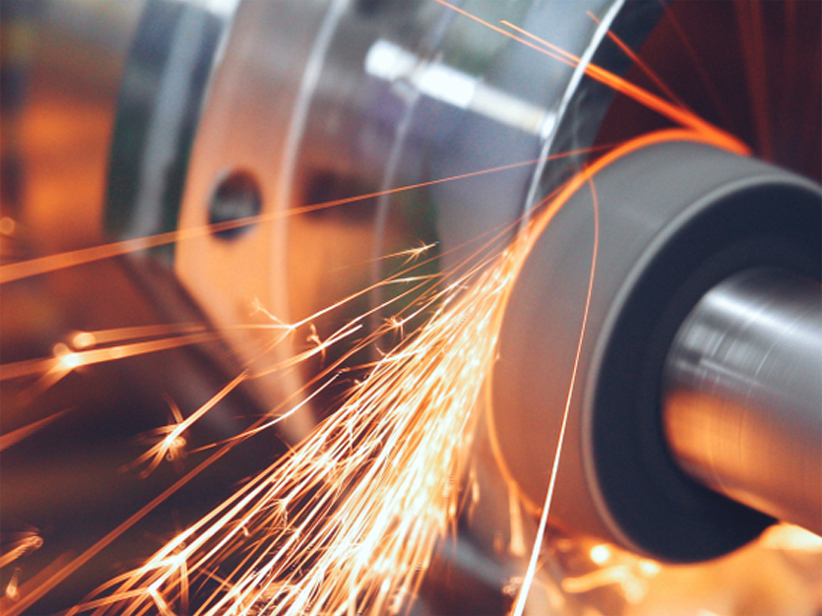APPLICATION OF STAINLESS STEEL IN MEDICAL INDUSTRY
There are many options when it comes to producing tools and medical equipment. Hospitals worldwide mostly prefer medical grade stainless steel due to some of its special properties. Stainless steel has played a pretty important role in the medical industry ranging from crucial surgeries, biomedical implants, to surgical operation. The criticality of such an application requires these steels to be highly safe in the human body with its compounds and also, highly resistant to a high level of stringent acids involved in cleansing and sterilization.
Almost everyone has been to a doctor or a dentist once in a lifetime and has seen the medical equipment used by them. Stainless steel is mainly used in medical equipment (surgical as well as non-surgical) and also in body implants. The most common use can be seen in the form of Stainless steel hospital bed which finds its place in all the wards. Some of the other uses are mentioned below:
- wheelchairs, walkers, IV stands
- Surgical equipment such as scalpels
- Orthopaedic implants (Predominantly 316 / 316L)
- Artificial heart valves (Predominantly 316 / 316L)
- Bone fixation
- Chemical containers / Hazardous waste containers
- Speciality guide wires, Curettes, Screws/prostheses/plates, Medical needles
- Medical syringes
- Sinks / bowls / surfaces / trays / knives
But ever wondered why the tools used on patients are made from stainless steel?
Medical equipment and devices use stainless steel for a myriad of reasons.
It is such a durable material that comes with a host of benefits such as not being susceptible to corrosion, has fire-resistant properties, and is practically maintenance free in many situations.
In healthcare, it is additionally important that these tools are easy to clean and sanitize. So there is no risk of spreading bacteria or infections. Something made in a less resistant material might be prone to that.
Over a period of time, the topmost layer or coating of the equipment is prone to scratches or wear off which leaves the steel beneath quite vulnerable. In a hospital or other corrosive and infected environment, this may occur easily. To avoid such concerns, stainless steel utilizes a molecular effect known as passivation. This causes the metal to self-heal when damaged.
Secondly, stainless steel can be quite impervious to the various hazards of flame and heat. This is important so there are no concerns of the tools and equipment failing which could be risky for patients and medical personnel. It has inherent oxidation resistance as well as high temperature strength that assists with this protection against fire.
Stainless steel does not exhibit any inherent anti-microbial properties like some other metals might have. Hence, one can easily clean it with sanitization solutions. So it is easy to get rid of any contaminants on the surface of the tools and devices used.
Medical equipment manufacturers can now provide a modern coating that is made up of micelles and applied during the production of stainless steel. This process gives stainless steel a great resistance against bacteria, and it allows the material to sanitize itself. This innovation is sure to find applications across an entire spectrum of medical tools and devices in the near future.
There are many options when it comes to producing tools and medical equipment. However, steel of the stainless variety has become the most preferred in multiple arenas due to its properties mentioned above.
Here at Venus, along with our commitment to giving only the best to our customers, we make sure we can meet all your requirements from rigorous machining to finding you the best material for any application. We can produce special shapes and special stainless steel profiles custom made for our clients. Visit the website for more information.







